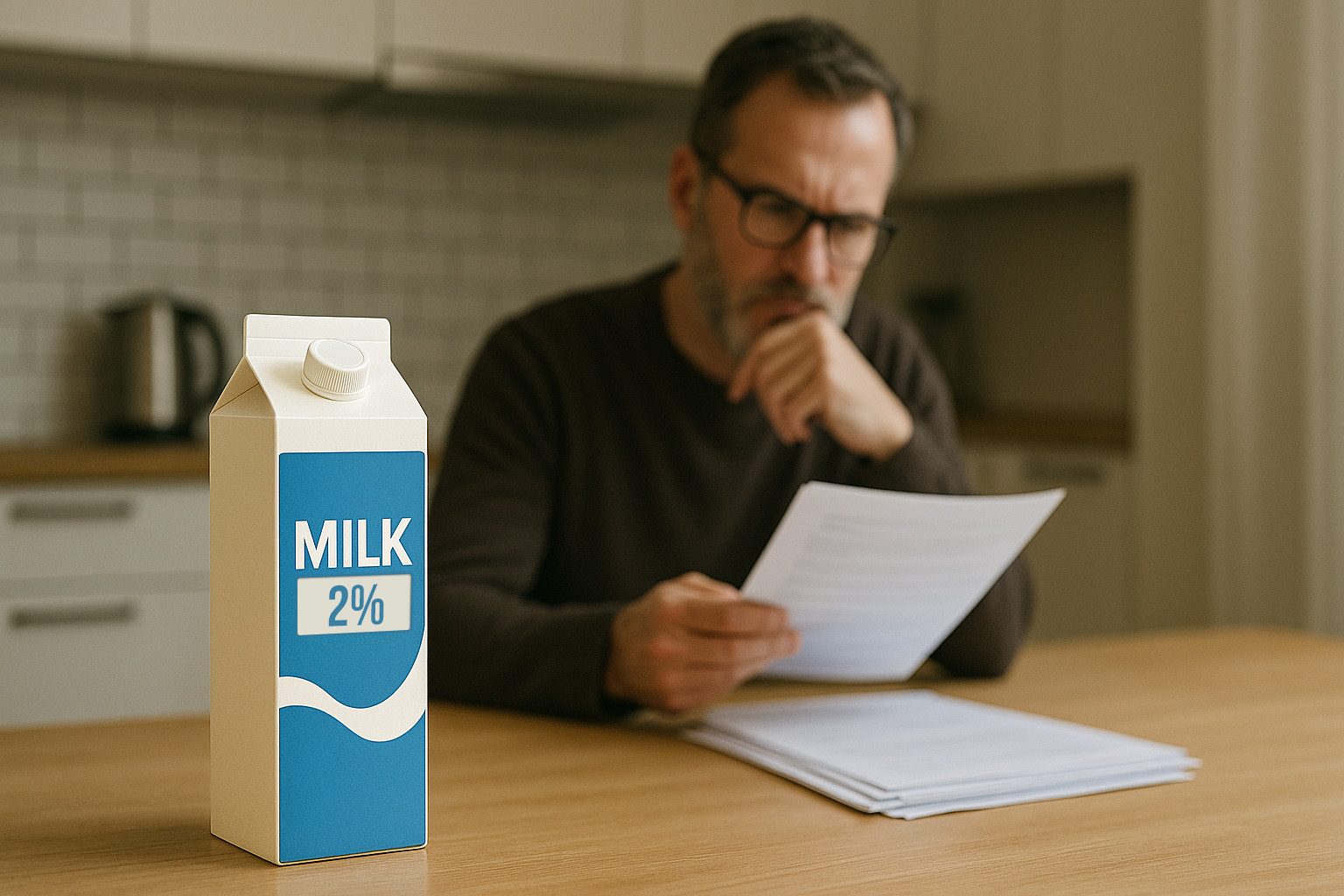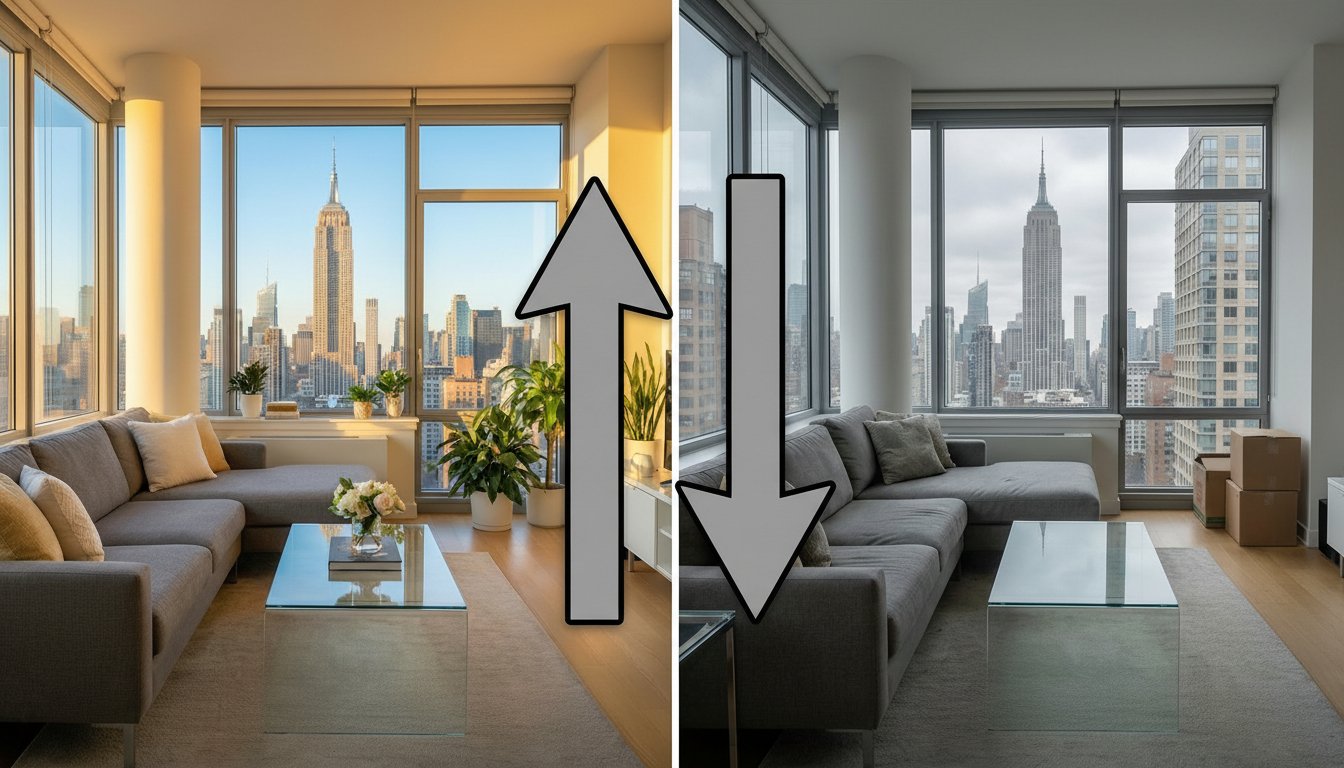What is Mortgage Pre-Approval and Why do You Need One?
Before beginning your house-hunting journey, it's important to get your finances in order and find out what you can realistically afford by getting pre-approved for a home loan. Although not a requirement, getting pre-approved before you start shopping for a home is strongly recommended by most professionals.
It gives you more leverage in negotiation and the peace of mind of knowing that as long as your financial situation doesn't significantly change, you will be approved for a certain amount by a lender. To help make the process a bit more approachable, here is everything you need to know about pre-approval for a mortgage loan and why it's important.
Buying a home in New York City?
Reach out to our sales team today to discuss your needs. hello@undividedre.com
What Does Pre-Approved Mean For a Home Loan
A pre-approval is a letter from a bank stating that you are qualified to borrow a specific amount to buy a home based on your current financial situation. Your employment information, credit history and score, income, debts, and assets all affect loan approval. So, the lender will do a preliminary assessment of all these things to determine how much they are willing to give you.
It's important to note the distinction between pre-approval vs. approval. Final loan approval won't come until you've made an offer and commissioned an appraisal that confirms the home’s value. The lender will also need to verify all your information and double check that your financial situation hasn't changed significantly since you initially met.
There's also a difference between pre-approval and pre-qualification. Pre-qualification is a less formal process in which you may discuss your current finances with the lender to find out how much you may be able to borrow. Although it won’t come with a firm commitment.
With a conventional loan pre-approval, the lender will actually run your credit report and review your financial documents before issuing an official letter confirming your borrowing power. Pre-qualification is a good first step if you're concerned you may not be ready to buy. However, pre-approval confirms that as long as everything checks out, you will qualify for a loan of a set amount.

Why Is It Important to Get Pre-Approved for a Mortgage?
A home pre-approval is important because it shows the seller you're serious and have legitimate financial backing to support your offer. Even if you know you can afford the home, the seller isn’t a bank and doesn’t have the ability to quickly verify your finances. So they often rely on pre-approval letters to determine who is serious. It also gives you as the buyer a solid idea of what you can afford so you don't waste time looking at homes out of your price range.
Pre-approval puts you in a better position to negotiate and often leads to a fast closing process. Most sellers prefer to move quickly and don't want to wait around while you shop for a mortgage. So, a home purchase pre-approval shows that you've already taken this step and won't waste their time, which can be crucial if there is interest from other buyers. This ability to move quickly can give you the upper hand in negotiations and may allow you to secure a better deal.
What Paperwork Do I Need For a Mortgage Pre-Approval?
The exact documents required during the pre-approval process can depend on the lender and your financial situation.
However, the standard documents needed for pre-approval of a mortgage typically include:
- Proof of identification such as a driver's license, passport, social security card, etc
- Proof of employment income such as W-2's pay stubs or bank statements
- Proof of any assets or income outside of your job such as rental income, investments, etc.
- Recent tax returns
- Recent credit report
It may help to compile a mortgage pre-approval checklist to keep all your documents in order. Based on this information, the lender will assess your risk profile and confirm whether you qualify for a mortgage. If everything checks out, they'll provide you with a pre-approval letter for a loan stating how much they are willing to lend you, barring any significant changes to your finances before you make an offer.

When to Get Pre-Approved for a Mortgage
It's typically wise to get pre-approved for a mortgage as soon as you're serious about buying a home but before you've started looking. If you're just shopping around to see what's out there and don't intend to make an offer in the near future, you may not be ready for the pre-approval process.
However, you don't want to wait too long and end up missing out on your dream home. Getting pre-approved before you start your search also gives you the time to shop around to find the best interest rate, without the added pressure of potentially missing out on a great deal.
How Long Does It Take for a Mortgage Approval?
The amount of time it takes to get pre-approved can vary depending on a range of factors, such as how busy the lender is and how complex your finances are. However, it typically takes about 7-10 business days. A fast mortgage pre-approval can take as little as a few hours if your credit and finances check out and the lender is able to move quickly.
Some online lenders specialize in fast pre-approval home loans that allow you to qualify without ever even leaving your home. However, if you're getting a mortgage from a big bank or other conventional lender, it's best to anticipate about 1 - 2 weeks to be on the safe side.

How Long Does a Pre-Approval for a Mortgage Last?
It's also wise to be aware that your pre-approval letter doesn't last forever. You can't simply apply for pre-approval while interest rates are low and then wait a few years until you're ready to buy a home. Not only will the economy change but your personal finances will likely change as well.
The pre-approval letter will typically state the expiration date. The exact amount of time can vary but the standard mortgage pre-approval is good for 60 to 90 days. So if you're thinking about the timeline, that means you should apply for a mortgage within 2 to 3 months of getting pre-approved.
Can You Make an Offer Without Pre-Approval?
Yes, you can make an offer without pre-approval but it may make the process longer and more difficult. Anyone can make a bid for the lender to consider, and it's up to them whether or not to accept.
However, if there is competition from other buyers who are pre-approved, they're unlikely to pick you unless your offer is substantially higher. Even if they accept, you risk getting denied or not being approved for the full amount. So, getting pre-approved can help make the home-buying process smoother and save you some major headaches.
Does Mortgage Pre-Approval Hurt Your Credit Score?
It depends. The mortgage pre-approval credit check can cause a hard inquiry, which may temporarily make your credit score drop by a few points. So be cautious about shopping around too much and racking up hard inquiries.
They can lower your credit score by as much as 5 points each, and too many on your report in a short period of time can be a red flag to lenders. The good news is that it's only temporary, and hard inquiries only affect your credit score for about a year.
However, some pre-approvals use a soft inquiry, which is not reported to credit bureaus. You can apply for as many soft credit check mortgage pre-approvals as you like without impacting your score. It may be wise to inquire whether each lender uses a hard or soft inquiry before shopping around.
Regardless, it’s still always a smart idea to get pre-approved for a loan before you start viewing properties. It will give you a clear idea of your budget and allow you to move quickly when you find the perfect home.
Buying a home in New York City? Reach out to our sales team today to discuss your needs. As an authority on new builds, we can show you the best new construction listings on the market. We’ll show you every unit in the building, access floor plans, help you compare prices, and more. Finding your dream home has never been easier. Contact us today to get started.


